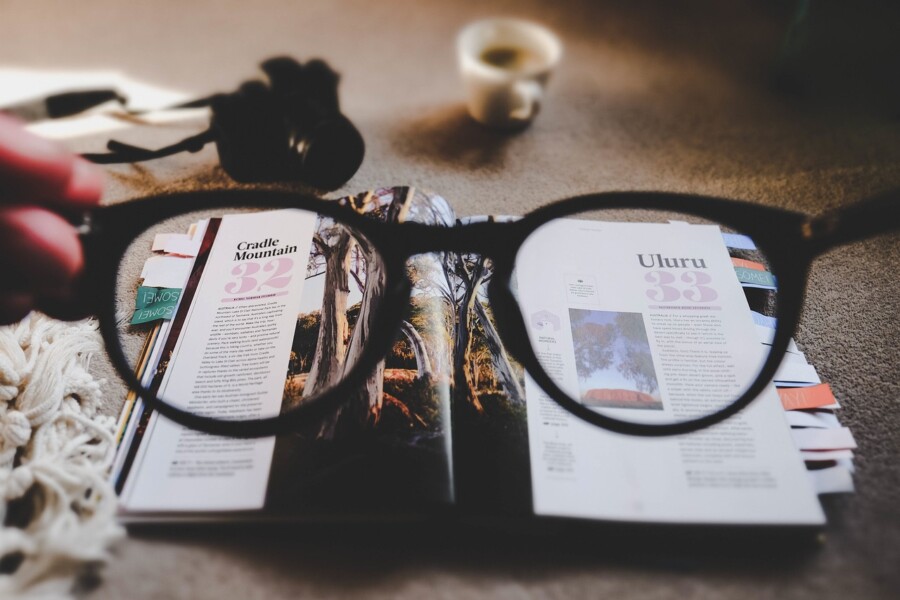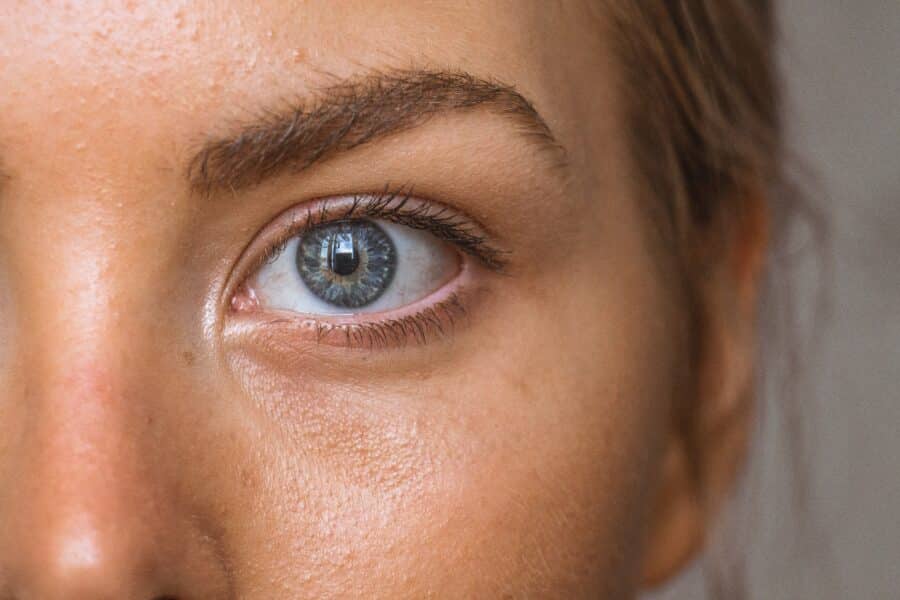Frequently Asked Questions
Last Updated March 29, 2024 · Eye Surgery
Understanding Post-Surgical Visual Outcomes
LASIK (Laser-Assisted in Situ Keratomileusis) is the popular choice for individuals seeking to correct their vision and reduce their dependence on glasses or contact lenses. However, a commom question among potential candidates is whether they will still require glasses following their procedure. This article aims to address this question by examining the factors influencing post-LASIK visual outcomes and discussing the likelihood of needing glasses after LASIK surgery.
Understanding LASIK
LASIK is a refractive surgery that reshapes the cornea to correct common vision problems such as nearsightedness (myopia), farsightedness (hyperopia), and astigmatism. During the procedure, a laser is used to precisely reshape the cornea, allowing light to focus properly on the retina, thus improving vision.
Factors Influencing Post-LASIK Visual Outcomes:
Several factors can influence the outcome of LASIK surgery and determine if corrective lenses may be needed after the procedure.
- Pre-existing Refractive Error Severity: While not common, some patients have a pre-existing refractive prescription that is so severe that it cannot be completely corrected by LASIK. In these rare cases, if the patient and surgeon agree, LASIK can be performed to correct a majority of the patient’s refractive error. These patients may still require corrective lenses after LASIK, but the corrective prescription and thickness of the lenses is greatly reduced. Again, this is a rare occurrence.
- Age: Age-related changes in vision, such as presbyopia, the loss of near focusing ability, may result in a patients need for reading glasses for up-close activities, like reading and sewing. This is because presbyopia affects the lens within the eye and is not due to the shape of the cornea. Presbyopia usually presents around the age of 40 or later. However, for patients already experiencing presbyopic vision, the monovision technique may be applied with LASIK and reduce the need for reading glasses. During your consultation, your medical team can discuss if monovision may be right for you.
- Corneal Healing and Stability: For a small percentage of LASIK patients, residual refractive errors after LASIK may necessitate the need for an enhancement procedure to fine-tune their vision.
Likelihood of Needing Glasses After LASIK:
While LASIK can significantly reduce dependence on glasses or contact for many individuals, perfect vision cannot be guaranteed without corrective eyewear in all situations. According to a study published in the Journal of Cataract & Refractive Surgery, approximately 95% of LASIK patients achieve vision of 20/40 of better without glasses, which is generally good enough to pass a driver’s license test without the need for corrective lenses in most states. For those with severe pre-existing eye prescriptions though (rare), wearing corrective lenses with a lighter prescription is ofter worth it and having LASIK is still their preference.
During a LASIK Consultation, which all LASIK.com network providers offer FREE of charge, LASIK doctors will be able to tell you clearly about your chances of needing glasses after LASIK.
Sources:
- Solomon KD, Fernández de Castro LE, Sandoval HP, et al. LASIK world literature review: quality of life and patient satisfaction. Ophthalmology. 2009;116(4):691-701.
- Ang M, Evans JR, Mehta JS. Cataract surgery after previous laser refractive surgery. Cochrane Database Syst Rev. 2014;2014(6):CD008768.
- Yuen LH, Chan WK, Koh J, Mehta JS, Tan DT, SingLasik Research Group. A 10-year prospective audit of LASIK outcomes for myopia in 37,932 eyes at a single institution in Asia. Ophthalmology. 2010;117(6):1236-1244.




